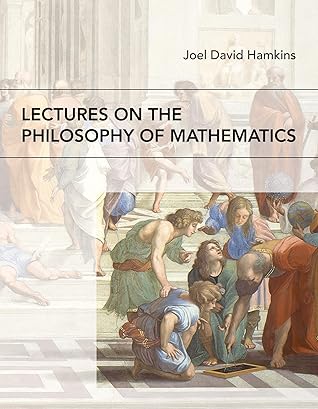Similarly, with a proof by contraposition, one assumes ¬q and then derives further implications about what it is like in the worlds without q, before finally concluding ¬p. But in a proof by contradiction, however, one assumes both p and ¬q, something that is ultimately shown not to hold in any world; this tells us nothing about any mathematical world beyond the brute fact of the implication p → q itself.
Welcome back. Just a moment while we sign you in to your Goodreads account.


